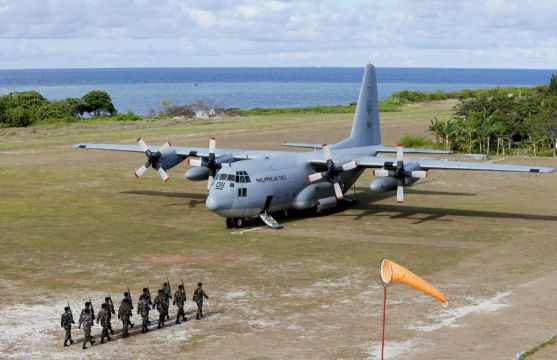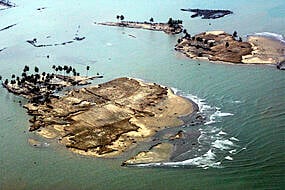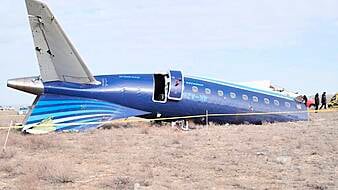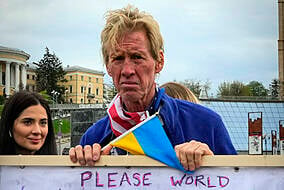At least 17 people were killed when a military plane missed a runway and crashed in the Philippines, the nation’s defence secretary said.
Delfin Lorenzana said around 40 others were rescued from the burning wreckage.
He said the Philippine air force plane had 92 people on board, including three pilots and five crew. The rest were army personnel.
The Lockheed C-130 Hercules was one of two ex-US Air Force aircraft handed over to the Philippines as part of military assistance this year.
It crashed on landing shortly before noon on Sunday in Bangkal village in the mountainous town of Patikul in Sulu province, military chief of staff General Cirilito Sobejana said.
He said at least 40 of those on board were taken to hospital and troops were trying to save the rest.
The plane was transporting troops from southern Cagayan de Oro city for deployment in Sulu, Gen Sobejana said.
Government forces have been battling Abu Sayyaf militants in the predominantly Muslim province for decades.
It was not immediately clear what caused the crash.
Regional military commander Lieutenant General Corleto Vinluan said it was unlikely that the aircraft had come under fire and cited witnesses as saying that it appeared to have overshot the runway.
“It’s very unfortunate,” Gen Sobejana told reporters. “The plane missed the runway and it was trying to regain power but failed and crashed.”
Initial pictures showed that the weather was apparently fine in Sulu, although other parts of the Philippines were experiencing rain due to an approaching tropical depression.
The airport in Sulu’s main town of Jolo is located a few miles from a mountainous area where troops have been battling Abu Sayyaf. Some militants have aligned themselves with the Islamic State group.
An air force official, who has flown military aircraft to and from Jolo several times, told the Associated Press that the runway is shorter than most others in the country, making it more difficult for pilots to adjust if an aircraft misses the landing spot.
The US and the Philippines have separately blacklisted Abu Sayyaf as a terrorist organisation for bombings, ransom kidnappings and beheadings. It has been considerably weakened by years of government offensives but remains a threat.







